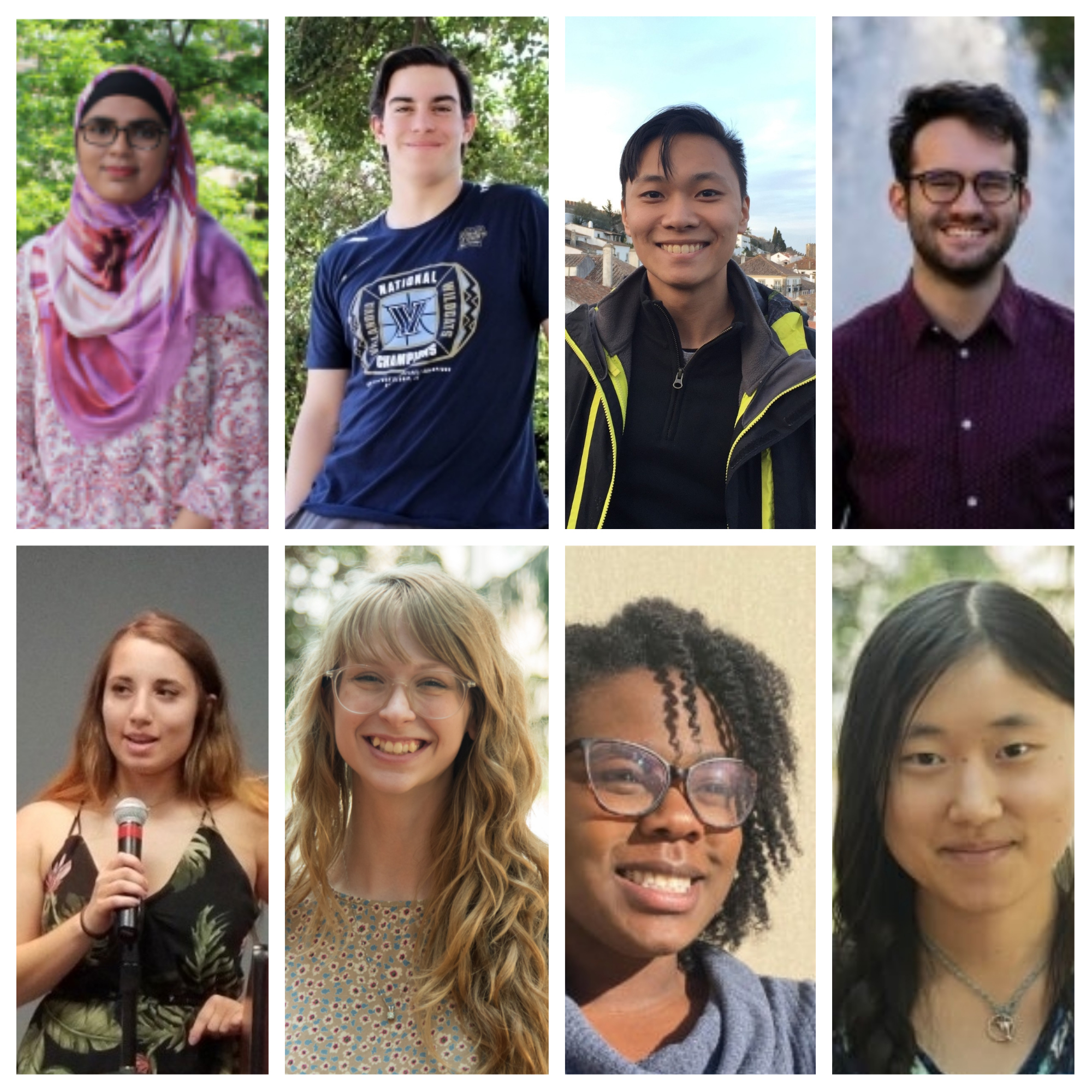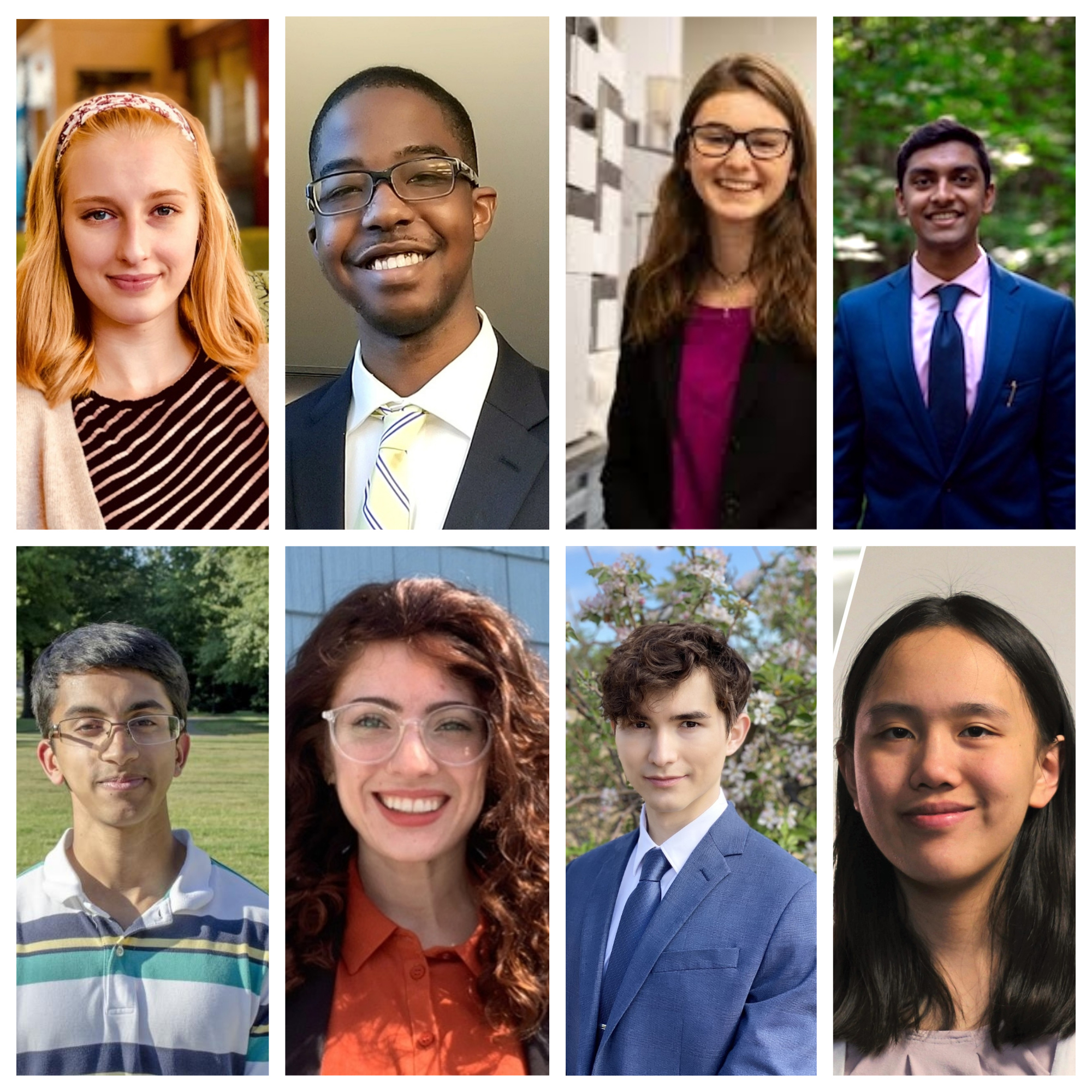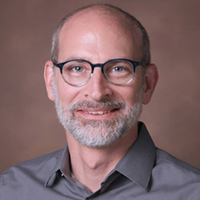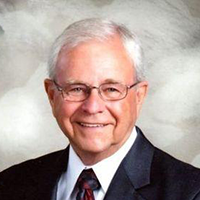Goldwater scholars named;
Biochemical Society honors Eichman;
remembering Sypherd
Student chapter members land Goldwater scholarships
The recipients of this year’s Goldwater scholarships were announced in late March.
The scholarships, named in honor of Senator Barry Goldwater, offer $7,500 per remaining academic year to sophomore and junior students pursuing bachelor’s degrees in the natural sciences, math or engineering.
Many of this year’s recipients in the life sciences are American Society for Biochemistry and Molecular Biology Student Chapter members. The ASBMB congratulates these promising sophomores and juniors:

- Furyal Ahmed, Agnes Scott College
- Chris Bragança, Villanova University
- Daniel Cheong, University of Oklahoma
- Landon Clark, University of Georgia
- Madeline Farringer, Iowa State University
- Shellaina Gordon, Northeastern University
- Edena Khoshaba, Chapman University
- Stella Ma, University of Wisconsin–Madison

- Eran Maina, The College of Wooster
- Emily Mahoney, Rochester Institute of Technology
- Rishi Mehta, University of Cincinnati
- Mlana Lore, Eckerd College
- Jessica Pierce, Salisbury University
- Cynthia Schofield, University of Massachusetts Boston
- Ramiz Somjee, Rhodes College
- Daniel Wieland, University of Arizona
- Karen Zhang, University of Washington
As part of the application, students write an essay about their experience with their research mentors. ASBMB salutes the many mentors of this year’s 287 Goldwater scholars in the life sciences, who helped ignite their students’ excitement about biology. Among the ASBMB members who mentored a Goldwater scholarship recipient are:
- Jeanine Amacher, an assistant professor at Western Washington University, working with Min Gao
- Pascale Charest, an associate professor at the University of Arizona, working with Jamison Takashima
- Mark Hargrove, a professor at Iowa State University, working with Behnia Rezazadeh Shirazi
- Matthew Francis and Jennifer Doudna, professors at the University of California, Berkeley, working with Casey Mogilevsky
- Leslie Hicks, an associate professor at the University of North Carolina at Chapel Hill, working with Lauren Lim
- Terry Hill, a professor at Rhodes College, working with Ramiz Somjee
- Vincent Hilser, a professor at Johns Hopkins University, working with Andrew Munoz
- Michael Jewett, a professor at Northwestern University, working with Alexandra Wooldredge
- Henrik Kibak, a professor at California State University, Monterey Bay, working with Samantha Miller
- Daniel Kraut, an associate professor at Villanova University, working with Chris Bragança
- C. Martin Lawrence, a professor at Montana State University, working with Sheridan Brown
- Teresita Padilla-Benavides, a professor at the University of Massachusetts Medical School, working with Shellaina Gordon
- Tanya Paull, a professor at the University of Texas at Austin, working with Cassandra Bishop
- Subbiah Pugazhenthi, an associate professor at the University of Colorado Anschutz Medical Campus, working with Anit Tyagi
- Jacob Schwartz, an assistant professor at the University of Arizona, working with Daniel Wieland
- Vincent Tagliabracci, an assistant professor at the University of Texas Southwestern Medical Center, working with Patrick Nnoromele
- Timothy Wencewicz, an associate professor at Washington University in St. Louis, working with Michael Moore
- James West, an assistant professor at The College of Wooster, working with Eran Maina
- Crystal Young-Erdos, an assistant professor at Eckerd College, working with Mlana Lore
Eichman wins Biochemical Society award
Vanderbilt University biochemistry professor Brandt Eichman has won the Biochemical Society’s 2021 International Award.
Eichman’s lab uses structural biology techniques including X-ray crystallography to interrogate the protein machines involved in repairing DNA and maintaining genome integrity.

The International Award — one of 10 awards given each year by the United Kingdom–based Biochemical Society — recognizes research that illustrates the importance of the molecular biosciences in the advancement of life sciences and is given to early-career scientists of any nationality who are located outside the UK and Ireland.
“This certainly would not have been possible without the hard work and creativity of the members of my laboratory,” Eichman said of the award in a statement. “I thank my colleagues who made and endorsed the nomination and who have guided me over the years, and my family for their support and encouragement. This award will help maintain momentum within my research team, so that we may continue to approach what we feel are important and interesting questions related to genome maintenance.”
In memoriam: Paul Sypherd
Paul Starr Sypherd, a microbiologist who held leadership roles at the University of California, Irvine and the University of Arizona, died Jan. 18. He was 83.

Born Nov. 16, 1936, in Akron, Ohio, Sypherd moved to Arizona at age 6. He earned a B.S. in microbiology at Arizona State (College) University, an M.S. in microbiology at the University of Arizona and a Ph.D. at Yale University. He was a postdoctoral fellow at the University of California, San Diego and later said he believed his training and experiences at UCSD set him on his academic trajectory.
Sypherd began his career at the University of Illinois; he had a fully funded research laboratory and obtained tenure there before he was recruited to the University of California, Irvine where he served as chairman of the department of microbiology and molecular genetics for more than a decade, director of the medical scientist program, vice chancellor for research and dean of graduate studies. He returned to the University of Arizona in 1993 as executive vice president and provost, leading development of an integrated learning center. As provost, he focused on improving staff and faculty working condition. One of his lasting contributions was closing the campus between Christmas and New Year's, so employees could spend time with their families. He retired in 2002 and was designated provost emeritus and professor emeritus of molecular and cellular biology at the UA.
Over the course of his 35-year research career, Sypherd and his students published more than 150 articles in peer-reviewed journals, many on protein synthesis and nucleic acid metabolism in bacteria and fungi. He was also a pioneer in ribosome research. He was a founding editor of the Journal of Molecular and Cellular Biology and editor for the Journal of Bacteriology, and he served on the National Institutes of Health study section for microbial chemistry for two terms and on the National Research Council committee on medical education.
Sypherd is survived by his wife, Linda; his daughter, Denise; sons David, Sean and Scott; his grandchildren; and many other relatives.
Enjoy reading ASBMB Today?
Become a member to receive the print edition four times a year and the digital edition monthly.
Learn moreGet the latest from ASBMB Today
Enter your email address, and we’ll send you a weekly email with recent articles, interviews and more.
Latest in People
People highlights or most popular articles

2026 ASBMB election results
Meet the new Council members and Nominating Committee member.

Simcox wins SACNAS mentorship award
She was recognized for her sustained excellence in mentorship and was honored at SACNAS’ 2025 National Conference.

From humble beginnings to unlocking lysosomal secrets
Monther Abu–Remaileh will receive the ASBMB’s 2026 Walter A. Shaw Young Investigator Award in Lipid Research at the ASBMB Annual Meeting, March 7-10 in Washington, D.C.

Chemistry meets biology to thwart parasites
Margaret Phillips will receive the Alice and C. C. Wang Award in Molecular Parasitology at the ASBMB Annual Meeting, March 7-10 in Washington, D.C.

ASBMB announces 2026 JBC/Tabor awardees
The seven awardees are first authors of outstanding papers published in 2025 in the Journal of Biological Chemistry.

Decoding how bacteria flip host’s molecular switches
Kim Orth will receive the Earl and Thressa Stadtman Distinguished Scientists Award at the ASBMB Annual Meeting, March 7–10, just outside of Washington, D.C.
